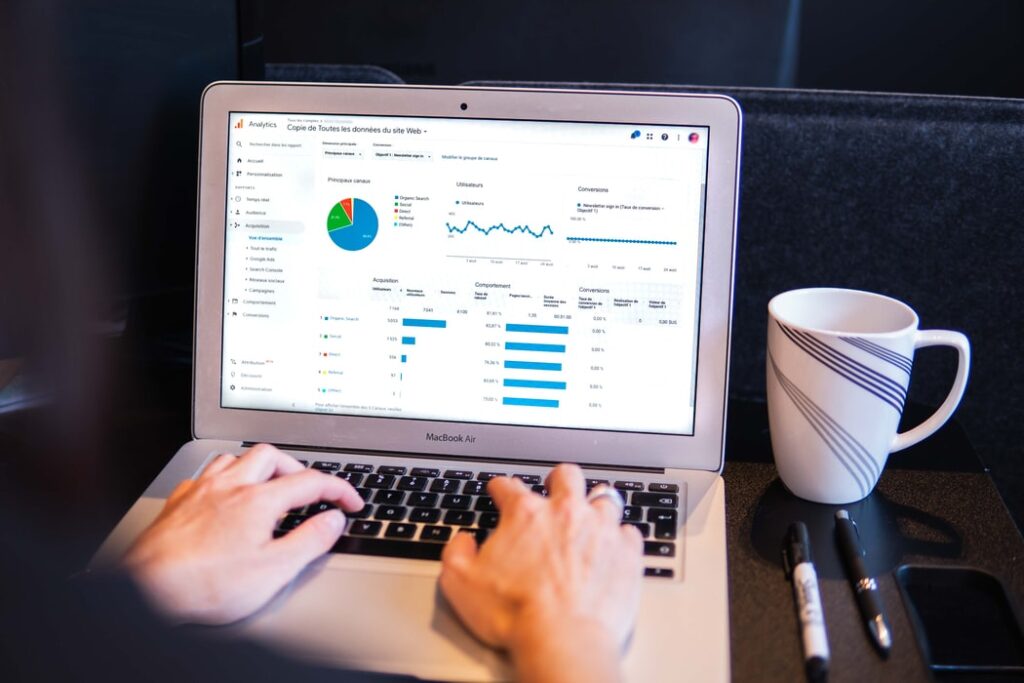Corona Virus
The dramatic and negative effect that these lockdowns had on business activity and countries’ economies is well documented. What has been harder to ascertain was the effect of the lockdowns on M&A activity.
Sell Your Business Today:
The Impact Of Covid-19
On March 23rd 2020, the Prime Minister announced to the citizens of the UK that the country was going into lockdown because of fears about the projected rapid spread and high lethality of a new novel coronavirus, COVID-19. The UK’s lockdown followed similar lockdowns initiated in most countries around the world as governments tried to protect their populations and their national health systems.
The dramatic and negative effect that these lockdowns had on business activity and countries’ economies is well documented. What has been harder to ascertain was the effect of the lockdowns on M&A activity. The picture has now started to become clearer and, for buyers and sellers of most types of businesses, there seems to be no clear reason why any deals you were progressing before the lockdown should be significantly altered except perhaps for the provision of more information on the effect of the lockdown on the target business by the seller.
In fact, from the deals that we’re progressing now, there is still enthusiasm to complete the due diligence process and agree with the terms of the sale and purchase agreement. Before we examine strategies for new buyers and sellers, let’s look at the market as the clients of IBA Corporate are experiencing it at the moment.
UK Domestic M&A Increase in Q1 2020
According to the Office of National Statistics, M&A activity increased to £3.2bn in the first three months of 2020. This was a 50% increase year on year.
Domestic M&A refers to the takeover of British companies by other British companies. Overseas M&A dropped in the first quarter of 2020.
However, business owners and acquirers should expect significant disruption to the M&A market in general for the rest of 2020 and beyond.
Although we believe that most deals we currently have at the due diligence stage will still go ahead, many of the acquirers we work with have indicated that they’re choosing to stay as liquid as possible for the moment and stop any further acquisition activity for the foreseeable future. However, many more are actually seeing what is going out right now as an opportunity.
Intrinsic Value During And Post Covid-19
For some types of company, the COVID-19 pandemic has presented an opportunity to grow sales (and market share) significantly. Firms involved in the production and/or distribution of hand sanitisers, PPE equipment, shielding screens, and so on have experienced and benefited from much higher revenues during the pandemic assuming that they marketed their products quickly and effectively and they had the distribution channels to exploit them.
Likewise, other firms will have suffered dramatic drops in sales, in particular the leisure, hospitality, and travel sectors. Pressure on cash flow for these firms has been immense and many of them will have decided to use government-backed funding schemes like taking out a CBILS loan or furloughing their staff. However, the strong likelihood is that they will return to pre-coronavirus revenues and profits when society has returned to normal.
The fundamental underlying value of these businesses will not have changed except that the companies which have done very well will have more cash than before. For the companies whose models have been adversely affected by the pandemic, they may be in danger of running out of cash even if they took advantage of a government loan, grant, and furlough schemes. So, where does this leave a deal which is currently in progress?
Prepare Your Business Now
Agreed Sale Prices And Completion Accounts
How should buyers and sellers approach the issue of company valuation particularly if completion accounts will be due when a target’s revenue, income, or cash may be depressed by the crisis?
Most company purchases are funded, at least in part, by external finance. Credit market conditions have tightened up since the pandemic and there are fears that it may tighten up further if there is not a swift economic rebound. Buyers and sellers on deals in progress may have to revise their agreements on the timing and the size of initial and deferred payments for the transfer of the business because a buyer may simply not be able to raise the cash they anticipated at the start of the process in a hurry.
However, the businesses they’re purchasing were fundamentally sound before the crisis and buyers should resist the temptation to hammer the price agreed down too much unless the company is in considerable distress. One justification we expect buyers to use to lower the sales price is that they will have to repay in full any new loans from commercial institutions or from the government taken out as a result of the crisis.
Buying a company with a higher-than-expected level of indebtedness still wounded by the economic downturn puts the buyer at a greater risk of a significant financial loss. They may choose though to offset some of this additional risk by not “letting a good crisis go to waste” and by bringing forward any rationalisation and lay-off projects they had planned.
For companies whose revenue, income, or cash have improved as a result of the crisis, we would advice sellers to not try to take as much advantage of this as they could because, eventually, the world will return to normal as will the levels of demand for their products and services. Your buyer will be fully in receipt of this fact.
What about completion accounts? Completion accounts are used to judge the true value of the assets and liabilities on the day ownership of a company transfers. While healthier than expected completion accounts rarely result in an increased sales price, they nearly always result in a lower sale price if the completion accounts present a worse picture of the company’s financial situation than the seller believed during the sale process.
Perhaps the answer to the completion accounts question is to amend the sale and purchase agreement to include an income statement detailing steps taken to cope with the COVID-19 crisis like increased debts, bad debts, higher provisions, costs incurred with re-opening, lost productivity, structural changes to premises, and more.
If the costs detailed in the COVID-19 income statement are lower than anticipated, the seller should not be penalised. However, the buyer may be entitled to expect a further discount on the sale price if the provisions laid out in the statement end up costing more than budgeted for. That’s because the buyer will have to find additional funding to cover this shortfall and to provide the cash needed to operate the business during the recovery.
How New Buyers And Sellers Should Approach M&A
At time of writing, lockdown measures were being eased however most major economists are not expecting the UK’s economy to recover to its pre-COVID-19 position before 2022. We expect the COVID-19 income statements described above to feature prominently in M&A activity for the remainder of this year and possibly throughout the entirety of 2021. The greatest fear of many acquirers is not knowing exactly what they’re buying and the pandemic lockdown has added extra complexity and greater uncertainty to M&A in general. This will undoubtedly necessitate sellers to provide buyers and their professional representatives with even more detailed information, particularly during the due diligence process.
The acquirers we work with, as in the midst of any economic upheaval, are raising as much in funding as they possibly can to take advantage of new opportunities, particularly seeking companies in mild distress where the management is looking to sell quickly.
Although credit market conditions may be constrained for another year or two, we expect to see an influx of funding for new deals sourced from family offices and venture capital investors. Sellers may view the situation in one of two different ways. A seller may have spent a decade or two building a business of real value and they may be prepared to sit out this period before taking their company to market to achieve the maximum sale price possible.
Other sellers, however, exhausted by that decade or two building up their business, may not have the energy, the cash, or the fight to build their companies back up to pre-COVID-19 levels of revenue and profitability. They may just want a deal where they know that they’re not getting as much as they would have wanted in an ideal world from a sale but at least they’re getting to leave with a final payoff.
Covid-19 M&A Advise
Whether you’re an acquirer or a seller, we’d appreciate the chance to connect with you to find out what your M&A plans are over the coming 12-24 months.
These are unprecedented times and we’re certain that we’ll be feeling the effects of the pandemic lockdown for a while to come.
There are opportunities for buyers and sellers right now – the next move is yours.
Have A Question?
- Contact us below, or by using the form:
- 0800 368 9681
- [email protected]
- Fulford House, United Kingdom, CV32 4EA
IBA Corporate. All Rights Reserved.







